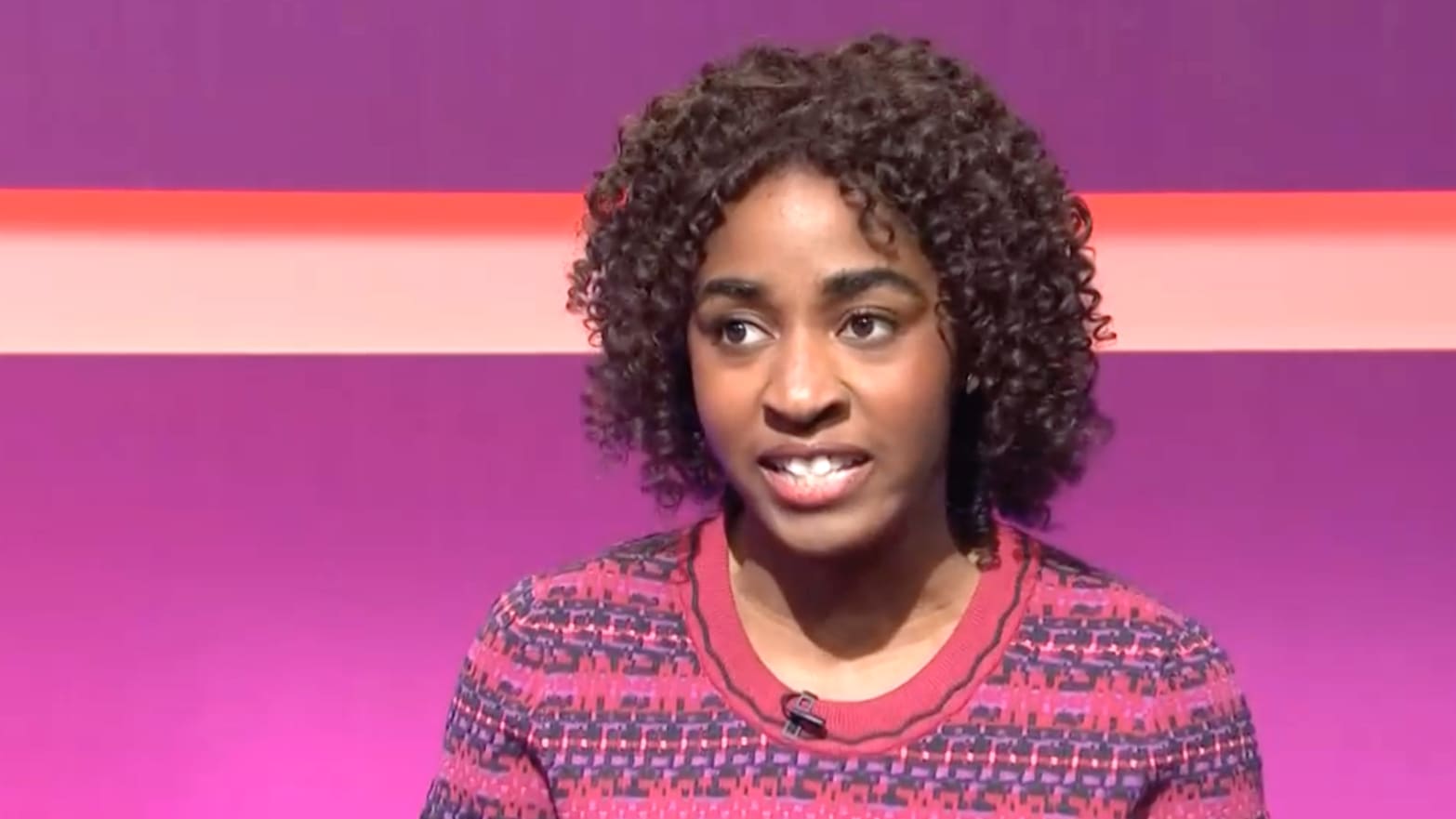
Ayo Edebiri Addresses Past Jokes on Jennifer Lopez during ‘SNL’ Hosting Stint
In a recent episode of “Saturday Night Live” on Feb. 3, Ayo Edebiri took a moment to acknowledge and reflect on jokes she had made in the past about Jennifer Lopez, who happened to be the musical guest for the evening.

During a game show sketch hosted by Kenan Thompson, contestants were prompted to confront their less-than-flattering social media comments. Edebiri, with candor, addressed the resurfaced remarks, admitting, “Okay. We get it. It’s wrong to leave mean comments, or post comments just for clout, or run your mouth on a podcast, and you don’t consider the impact because you’re 24 and stupid. But I think I speak for everyone when I say from now on, we’re going to be a lot more thoughtful about what we post online.”
The context for Edebiri’s self-aware moment traces back to a 2020 episode of the podcast “Scam Goddess,” where host Laci Mosley and Edebiri discussed Lopez’s career. Mosley asserted that Lopez’s career was akin to a long-running scam, claiming the singer was oblivious to critiques about her.
Edebiri responded to Mosley’s comments by expressing skepticism about Lopez’s musical contributions, stating, “Well, that’s the thing — she thinks she’s on multiple tracks, but it’s not her. I think she thinks that she’s still good, even though she’s not singing for most of these songs. A lot of the write-ups of the songs will be like, ‘J.Lo didn’t have time to make it to the studio,’” she continued. “Like, ‘J.Lo was busy.’ Doing what? Not singing, obviously.”
Interestingly, Lopez did not appear in any sketches during the “SNL” episode, although she did feature in a promo alongside Edebiri. In the promotional clip, Lopez complimented Edebiri, stating, “I love your show,” to which Edebiri responded, “I love your everything.”
The acknowledgment by Edebiri on the “SNL” stage adds a layer of self-awareness to the situation, recognizing the impact and responsibility that comes with making comments, even in a comedic context. This incident serves as a reminder of the enduring nature of online content and the need for thoughtfulness in navigating social media, particularly in an era where past remarks can resurface and gain attention.

In the larger context of celebrity culture and public perception, the incident raises questions about the fine line between humor and criticism, highlighting the potential impact of words even in a seemingly casual setting like a podcast. Edebiri’s on-air reflection not only showcases a sense of accountability but also underscores the evolving nature of public discourse in the digital age.
As the episode continues to garner attention, it remains to be seen whether this candid moment will spark broader conversations about responsible social media use and the dynamics between celebrities and content creators. In the ever-evolving landscape of online interactions, this incident serves as a timely reminder for public figures and individuals alike to approach online communication with consideration and respect.



